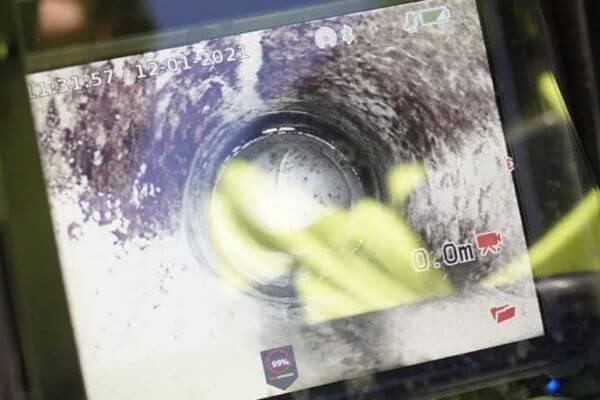Keeping pipes in good condition is not only a matter of occasional cleaning, but also of constant prevention. Clogs often do not occur overnight, but develop slowly due to the accumulation of debris, grease, limescale or roots. Regular inspections of plumbing installations are a key tool to avoid emergency unblocking, which tends to be more costly, urgent and annoying. Here we explain why these scheduled checks are essential and how to implement them correctly.
Understanding the origin of traffic jams
Before talking about prevention, it is important to understand the most common causes of traffic jams:
-
Accumulation of organic waste (food leftovers, hair, paper)
-
Grease and oil spills down sinks
-
Old pipes with limescale deposits
-
Tree root infiltration
-
Improperly discarded foreign objects
These factors can block the normal flow of water, leading to slow drains, bad odours and, in the worst case, bursts or flooding. In addition, when not detected in time, they can also affect other household installations, increasing the risk of structural damage.
Preventive technology: camera inspections
One of the most effective ways of detecting problems before they become visible is by camera inspection. This technique allows you to go inside pipes without the need to break floors or walls, locating blockages, leaks or deformations.
With this tool, technicians can make decisions based on real data and act before the problem gets worse. It also makes it easier to make accurate budgets and to plan deep cleaning only when it is really necessary. This type of inspection is also useful after construction or renovation work to ensure that the entire system is working properly.
Key benefits of scheduled inspections
1. Prevention of emergencies
A blockage detected in time can be solved in a simple way, avoiding costly and urgent interventions.
2. Longevity of the installation
Early detection of corrosion or structural damage allows action to be taken before the entire installation has to be replaced.
3. Financial savings
Prevention is always cheaper than emergency repairs. In addition, it allows maintenance work to be organised without interfering with the daily use of the facilities.
4. Improving the environment
Preventing blockages means avoiding unpleasant odours, damp and unexpected dirt. This contributes to better indoor air quality and a healthier environment in homes and commercial spaces.
How often should I check my pipes?
There is no one-size-fits-all answer, as it depends on the type of building, use of the installations and age of the pipes. For reference:
-
Private dwellings: every 2 or 3 years if there are no incidents.
-
Communities of neighbours or businesses: at least once a year.
-
Industries or professional kitchens: every 3 to 6 months.
In places with high water demand or old installations, it may be advisable to shorten these deadlines. Similarly, if there have been recent blockages, it is advisable to bring forward the next check to ensure that there are no new accumulations.
Rely on experienced professionals
At Limpiezas Domingo we offer camera inspections and complete pipe cleaning services to prevent and resolve all types of blockages. We have advanced equipment and experienced technicians to act quickly and efficiently.
We also offer maintenance contracts for communities of neighbours, companies or commercial premises, adapted to the frequency that each case requires. In addition, if your system has a septic tank, we can also help you to keep it in perfect condition with regular emptying and specialised checks.

